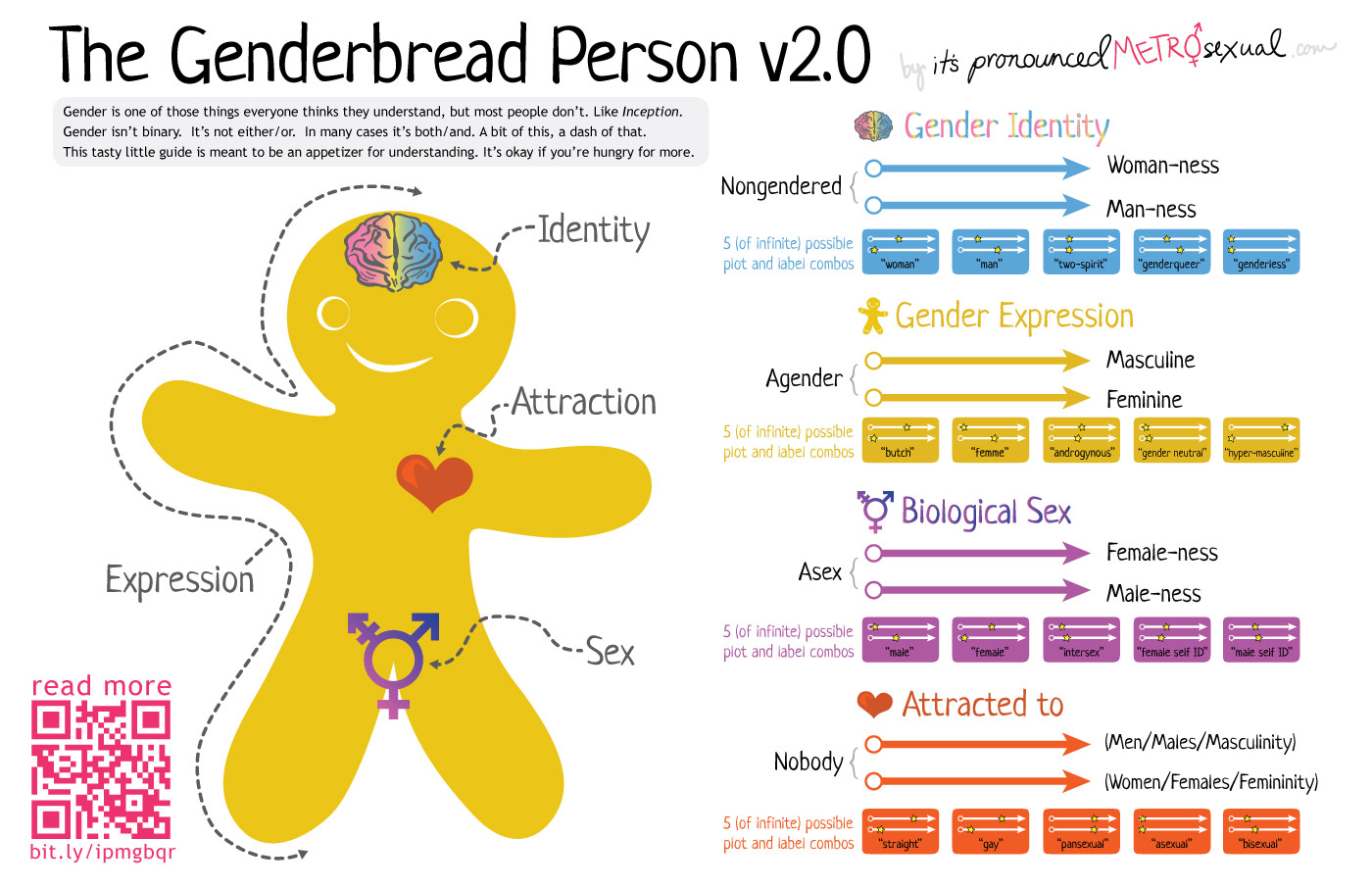Cereus Blooms at Night
“Drenched in sweat, she stopped to catch her breath, not taking her eyes off the man. Then she dragged his unyielding weight into the sewing room. She ran out slamming the door shut behind her. Her mother used to keep a key on the ledge. She reached up and found it. She locked the door. She leaned against it with relief and then mounted the stairs. At the top she shut and locked the door.” (Page 229) The story of the sewing room, and the symbol it has represented in small vignettes in the novel, comes to its’ final scene. A fitting room to lock away the ultimate demon.
At the beginning of the story, the narrator describes the friendship and tenderness between Lavinia and Sarah. After Lavinia returns from Seminary school, she goes to visit the Ramchandins. Chandin feels the purpose of Lavinia’s visit is because she has missed him, but Lavinia’s joy comes from being reunited with Sarah. Chandin feels snubbed yet again. The news of Lavinia’s broken engagement led me to conclude that there are stronger emotions between Sarah and Lavinia than has been alluded to. They become inseparable and their feelings grow, until the two of them can no longer be confident that their adoration and tenderness could be hidden from prying eyes. Poopoo saw the gentle caresses and knew they meant something very special, she just didn’t know how to classify it, but was encouraged that these two women were happy, and that there was a “rightness” to their relationship that felt natural to Poopoo. Her protectiveness of the space the four of them shared was intrinsically, intuitively precious.
With Chandin growing more jealous and hostile at Lavinia’s indifference to him, Sarah and Lavinia started spending more time together when he was away, down in the sewing room downstairs, locked away from prying eyes and kept safe in each other’s company. Sarah, started leaving the house before she would have to see him. Both fearing Chandin’s reaction if they were discovered, knowing his uncontrollable jealousy and the sense of entitlement and privilege always implied but ultimately denied him, could lead him to a fit of rage. He begins to realise he was nothing more than a vanity project for Rev. Thoroughly, and his visions of inclusion to that class would remain a pathetic yearning. He was too grand for his own people, yet too lowly for the social strata he aspired to be part of. He settled for Sarah, but longed for Lavinia. That both women would have no respect nor regard for him, and turn to each other for love is the ultimate rejection of his manhood and maschismo.
The sewing room played another important role when Lavinia and Sarah were attempting to run away with the children. It was important for Sarah to clear out all things in the sewing room, all traces of what they shared, pictures, portraits, and the velvet hats of the daughters on that fateful day when only two of the four females were to find freedom, where two children were left behind to become enslaved to their father’s demons, desires and depravity.
This reminds me of that safe space, that island of emotional and sexual discovery shared by Narrator and Louise in “Written on the Body.” Both couples seeking to find a shared and mutual identity in a safe space, locked away from the oppressive heteronormative world. A space where their own truths could be explored, and dreams and fantasies of freedoms away from the threats and stigma against anyone who does not want to contort their identities to the world of male dominance and submission.
